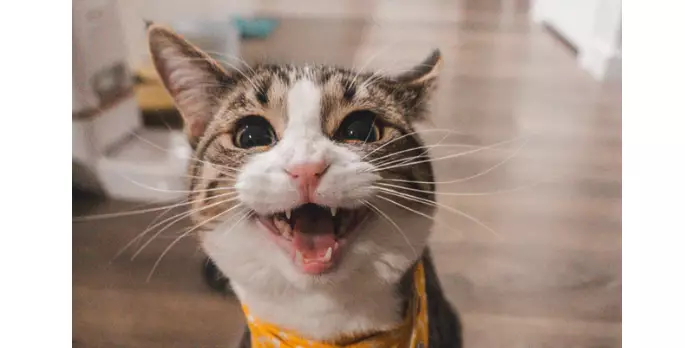The diverse personalities of cats have long intrigued pet owners and researchers alike. A recent study led by Dr. Lauren Finka at the University of Lincoln sought to delve deeper into this fascinating aspect of feline life. By interviewing around 200 cat owners, the research aimed to shed light on the various personalities among cats and identify key traits that define their behavior. The findings suggest the existence of five distinct personality types influenced by a cat’s upbringing, social environment, and genetic background.
The Five Distinct Cat Personalities
Dr. Finka’s study categorizes cat personalities into five main types, each with unique behaviors and preferences. Understanding these types can help owners better cater to their pets’ needs and create enriching environments tailored to their personalities.
First, there are the Affectionate Cats, characterized by their sociable nature and high need for human interaction. These cats thrive in lively households filled with activity and companionship. They frequently seek out cuddles and have no qualms about invading their owners’ personal space for a cozy nap. This personality type tends to flourish best in environments where they can engage with various people, as their need for companionship is paramount.
Next are the Hunter Cats, marked by an unwavering desire to hunt. These felines are always on the prowl—whether it’s stalking a realistic toy or chasing after a pesky bug in the yard. Their love of play is driven by an instinctual need to express their predatory skills. For these cats, an ideal living situation includes ample space to explore, discover, and practice their hunting techniques, ideally via outdoor enclosures that mimic their natural habitats.
The third personality type is the Cats’ Cats, whose defining trait is their affinity for feline companionship. These cats relish the company of their fellow felines more than that of humans. They are often seen grooming and snuggling with other cats, showcasing behavior that might seem peculiar in the wild but is nurtured in their domesticated lives. Kittens raised in multi-cat households are particularly prone to develop this sociable demeanor, indicating a strong preference for camaraderie among their kind.
The Introverted Ones: Cantankerous Cats
On the other end of the spectrum are the Cantankerous Cats, known for their sensitivity and inclination toward solitude. These cats are easily agitated and seek a calm, stress-free environment. Their independence is often misinterpreted as aloofness, but they simply prefer to manage their emotional state without overwhelming stimuli. Owners of these cats must exercise patience and understanding, as abrupt changes or unfamiliar guests can trigger anxiety. Offering a secure sanctuary at home can greatly enhance their sense of comfort.
The Curious Explorers: Inquisitive Cats
Lastly, we encounter the Inquisitive Cats, the playful explorers of the feline world. With boundless curiosity, they are always discovering new corners of their environment and finding adventure in everyday objects like bags and boxes. Their playful and social demeanor makes them charming companions who love to engage with their surroundings, including the humans in their lives. These cats bring joy and laughter with their antics and thrive on opportunities for stimulation and exploration.
The study by Dr. Lauren Finka provides valuable insights into the complexity of feline personalities, highlighting how different traits can inform our care for these beloved pets. Recognizing the diversity among cat personalities allows owners to create environments that cater to their individual needs, enhancing their well-being and the human-animal bond. As cat ownership continues to grow, understanding these intricacies will ultimately foster happier, healthier feline companions. With the insights gained from this research, cat owners can better appreciate the quirks and temperaments of their furry friends, celebrating the unique personality each cat brings into their lives.


Leave a Reply